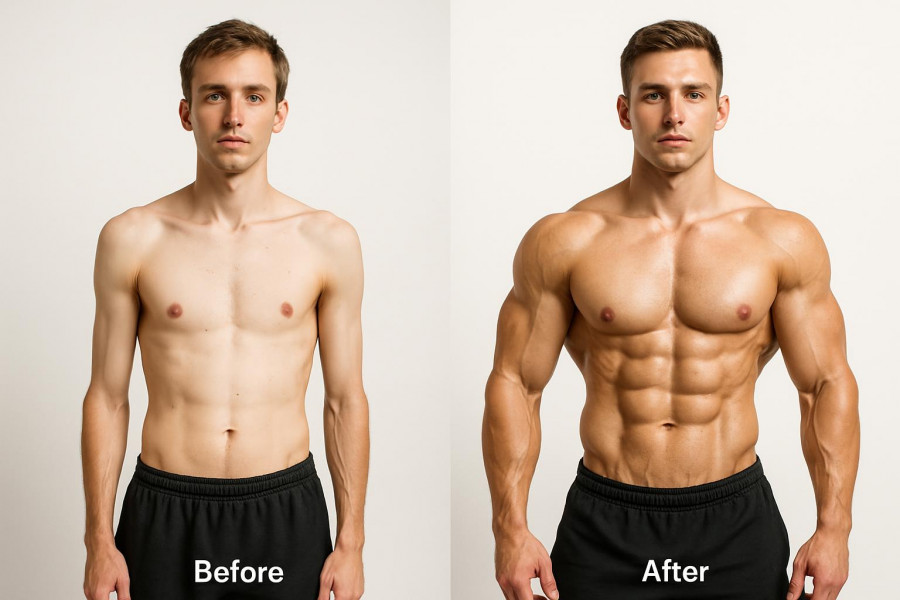
Unlocking the Secrets of Muscle Growth: Why Lean Pork Matters
For health-conscious adults in Metro Atlanta striving to enhance their muscle recovery, recent research from the University of Illinois at Urbana-Champaign draws an exciting conclusion about protein sources. It turns out that lean pork holds the key to optimizing muscle growth post-workout, surpassing the commonly held belief that higher-fat meats aid in recovery. This revelation could reshape dietary strategies for those engaged in fitness.
New Insights on Protein Quality
The study tested 16 physically active adults, feeding them high-fat and lean pork patties containing the same amount of protein. Surprisingly, participants who consumed lean pork saw a 47% greater muscle-protein synthesis compared to those who ate the fatty version. This research challenges previous notions linking higher fat content to improved recovery, underscoring the significance of protein type alongside quantity in muscle repair and growth.
Evidence-Based Nutritional Choices for Muscle Recovery
Previously, fat was thought to positively impact digestion and protein absorption, but this study suggests that fat content can impede muscle-building responses instead. Thus, fitness enthusiasts and everyday gym-goers should consider opting for lean meats like pork to foster a more efficient recovery process.
A Closer Look at Methodology
The researchers meticulously crafted pork patties by controlling fat content. This rigorous approach emphasizes the need for thoughtful food processing in nutrition. By infusing participants with isotope-labeled amino acids, the study's design allowed for precise tracking of amino acid integration into muscle tissue, resulting in reliable findings regarding the effects of different meat types on muscle growth.
The Impact on Workout Recovery
Recovery is a critical component of fitness, as muscle-building processes are most effective when the body is provided with the proper nutrients soon after intense exercise. Lean pork empowers athletes and those looking to elevate their fitness journey by offering quick and efficient protein absorption. With this knowledge, the next meal post-workout should be as strategic as the workout itself!
Emphasizing Whole Foods
Additionally, this study aligns with previous findings from Professor Nicholas Burd, who has pointed out that whole foods often outperform processed foods in enhancing muscle synthesis. By prioritizing whole and minimally processed foods, individuals can maximize their muscle-building potential. Lean options provide essential nutrients without the baggage of excess fats that could slow down recovery.
Broader Implications: Is Lean Pork the New Superfood?
The implications of these findings might extend beyond protein sources, suggesting a shift in how we view dietary fat in relation to physical activity. This new understanding may lead to broader conversations about food choices and their roles in nutrition science, encouraging a closer examination of consumption habits where lean meats are incorporated as staples for muscle recovery.
Conclusion: Take Charge of Your Nutrition Today
For those committed to a robust fitness routine, this evidence highlights the importance of being discerning when it comes to meal planning. Lean pork could very well be the ally you need in your quest for optimal muscle recovery. It’s not just about how much protein you consume but where it comes from. Take proactive steps to integrate lean pork into your meals post-workout and experience the difference it can make in your muscle growth and overall fitness journey.
 Add Row
Add Row  Add
Add 




Write A Comment